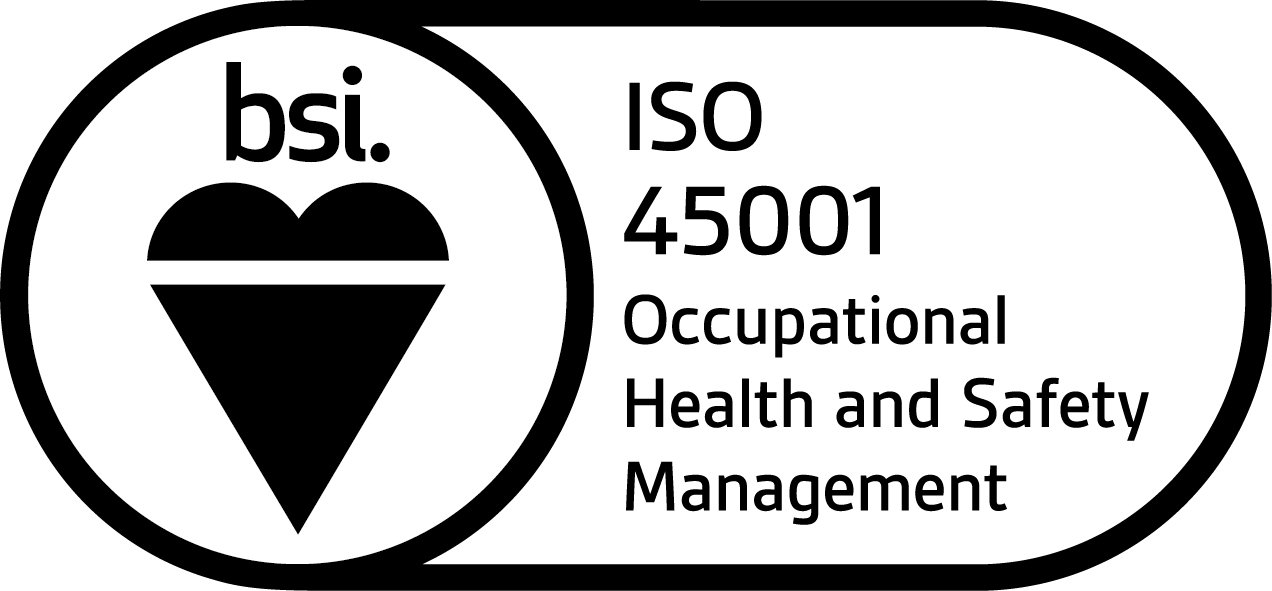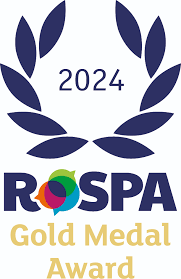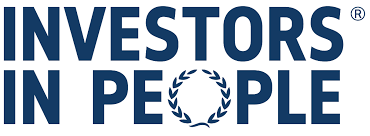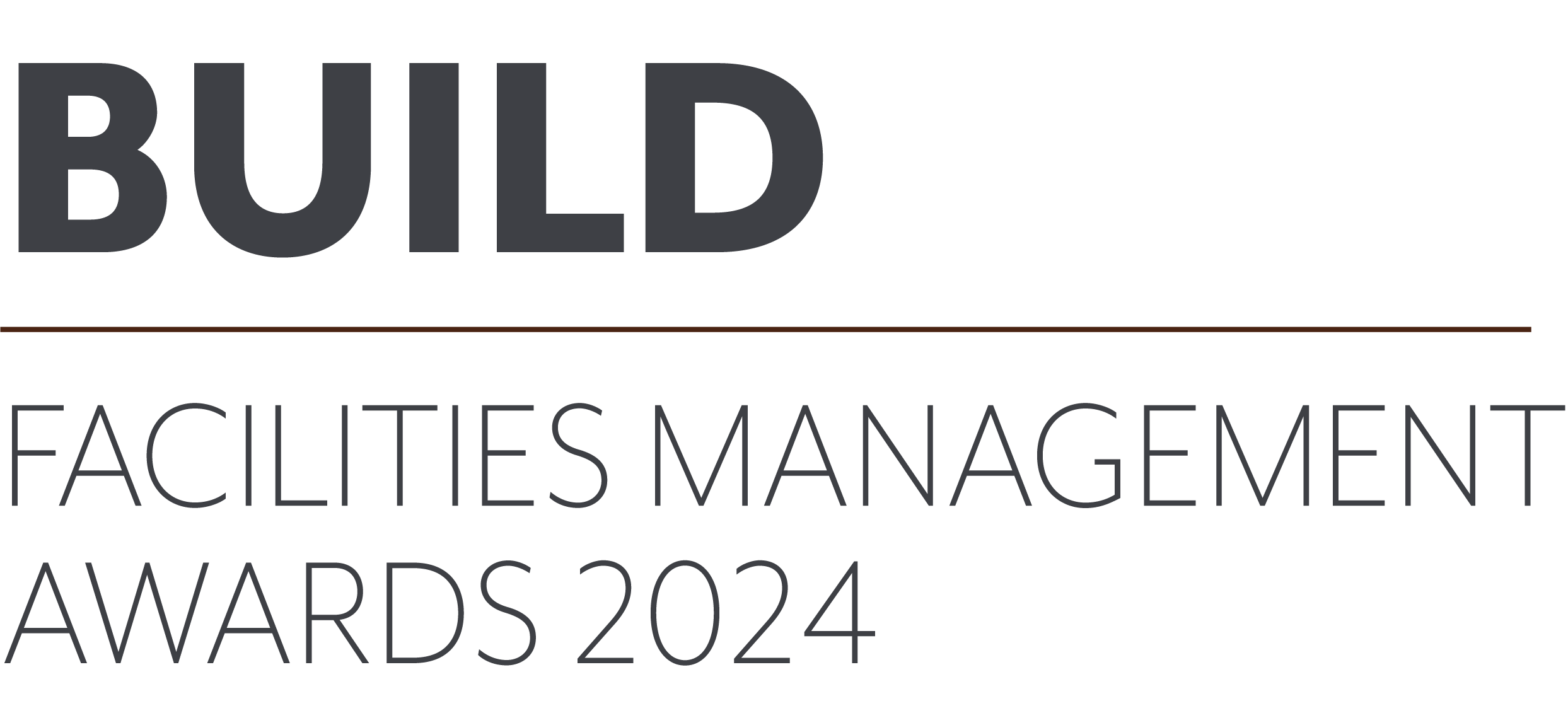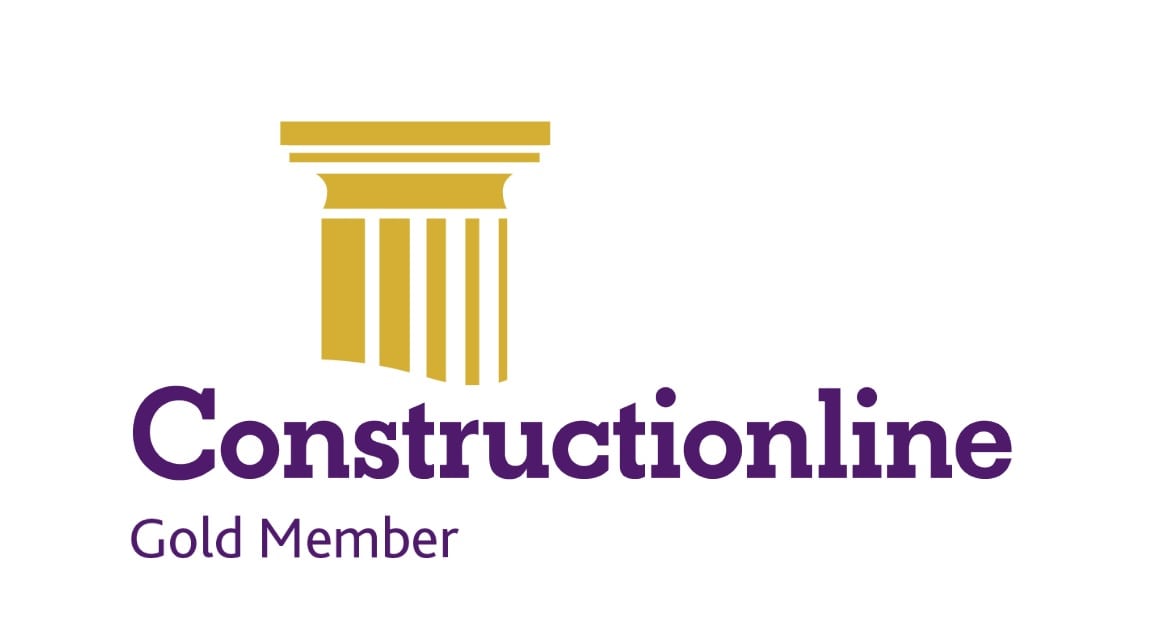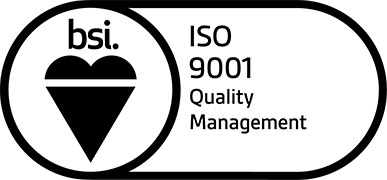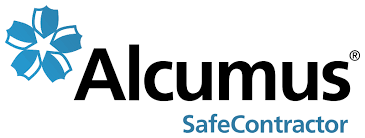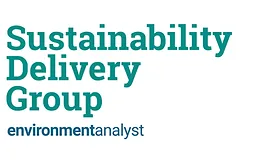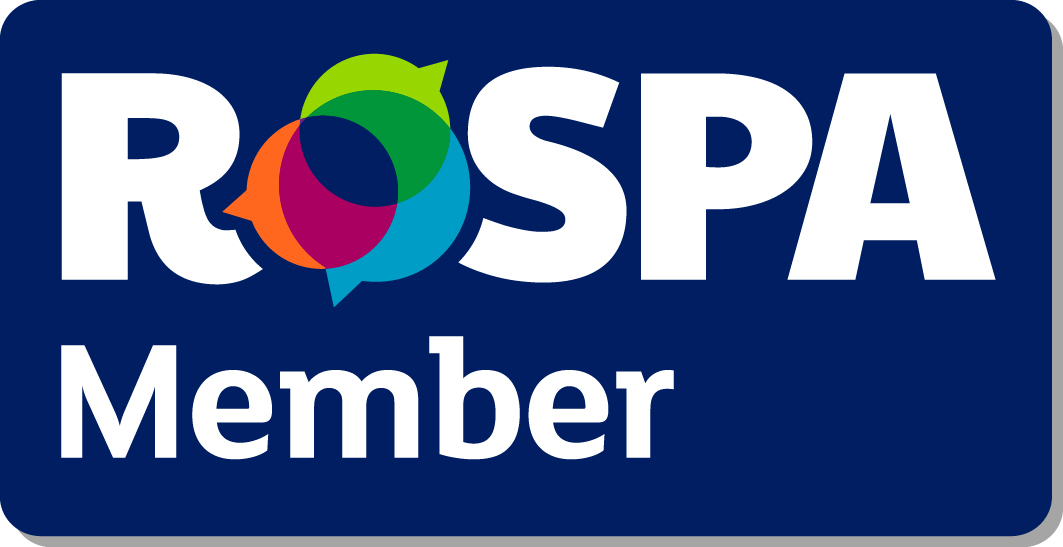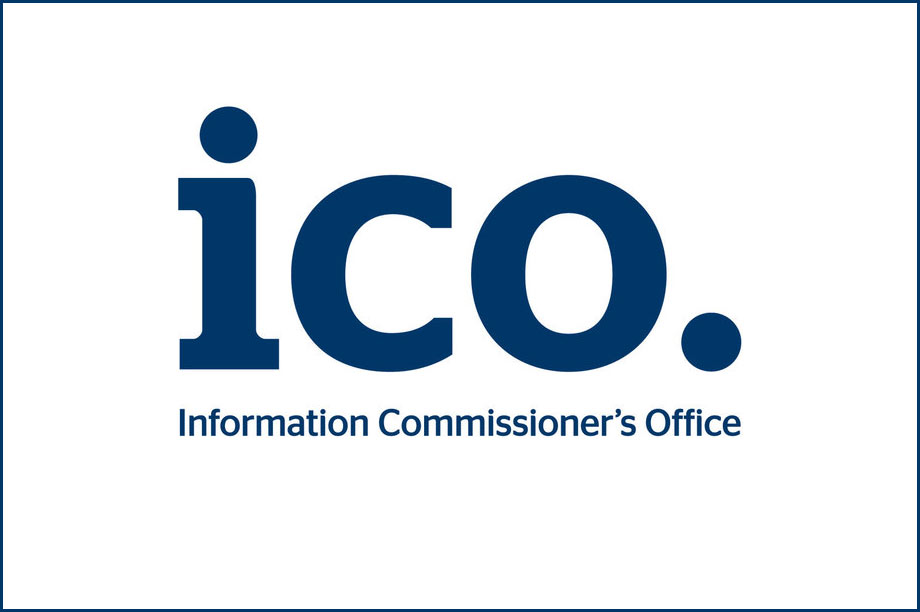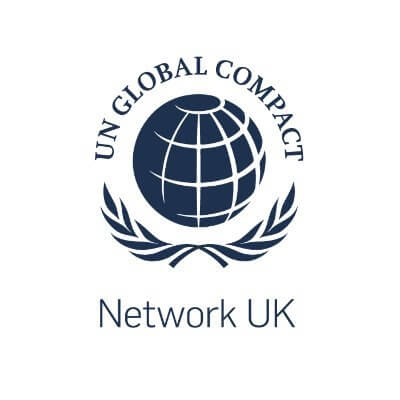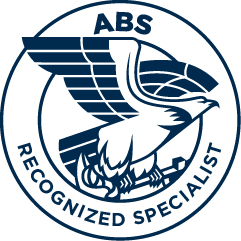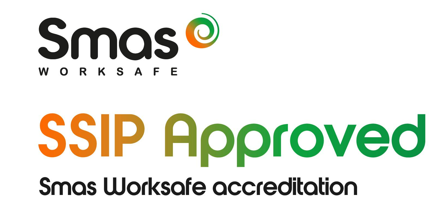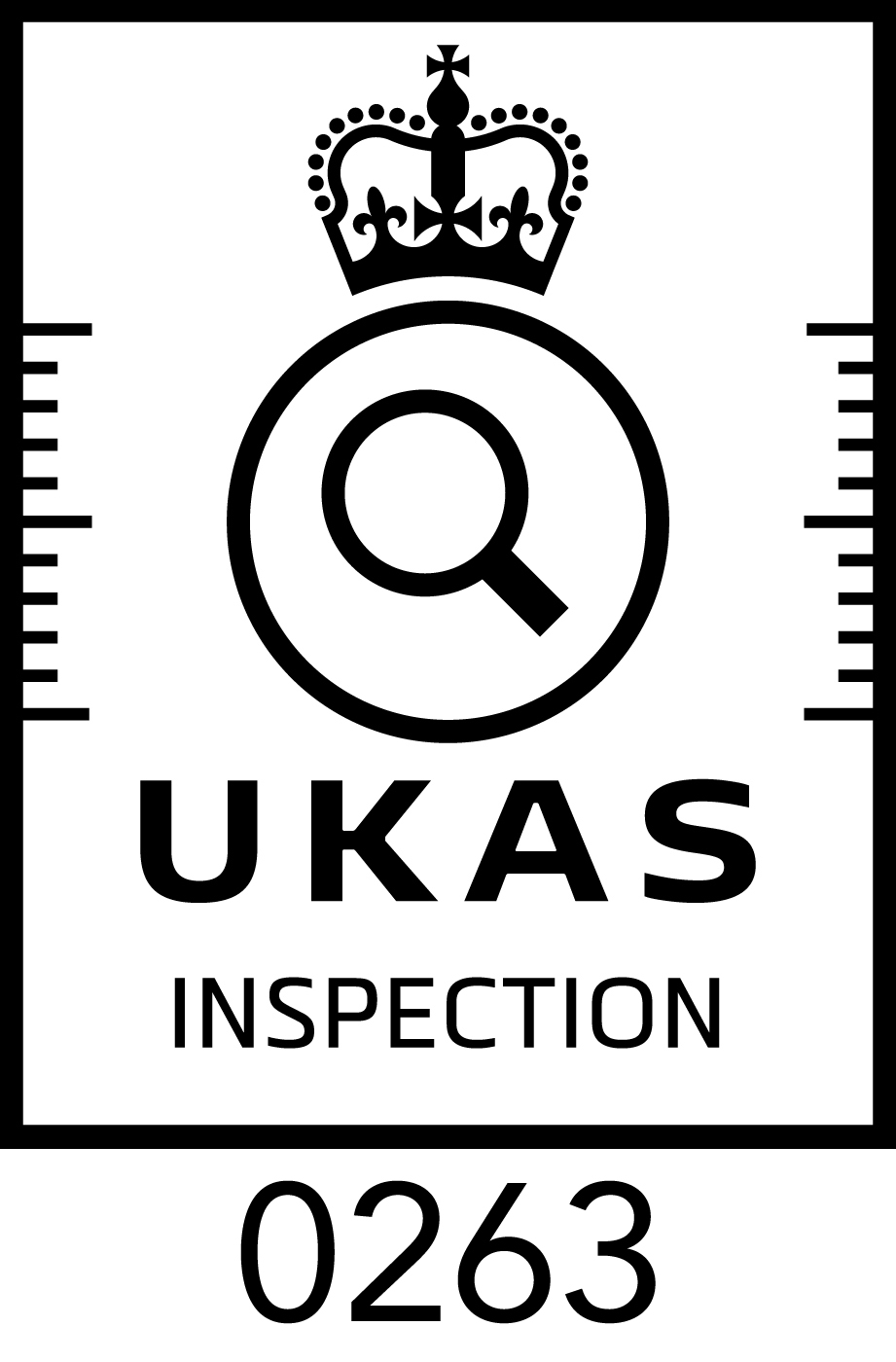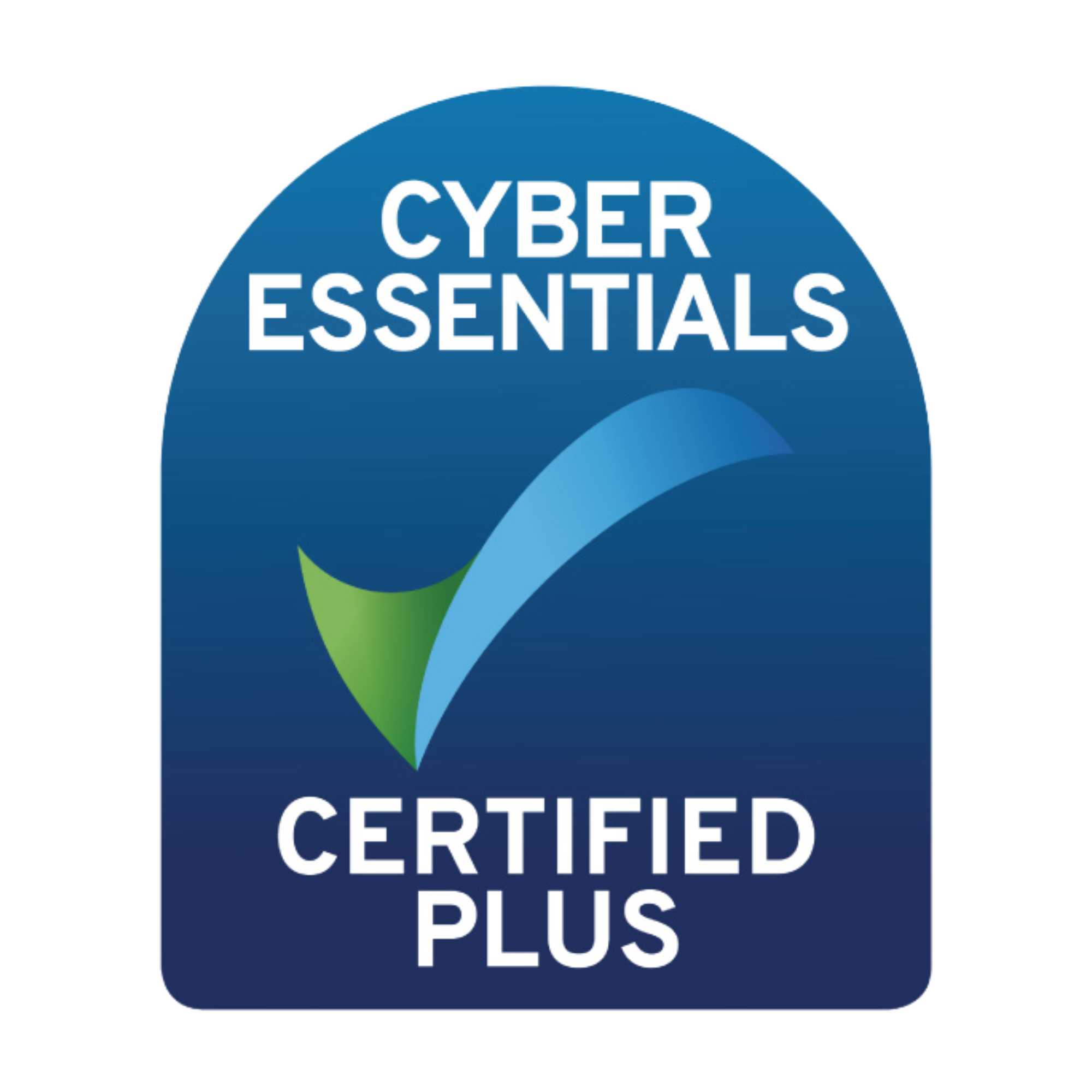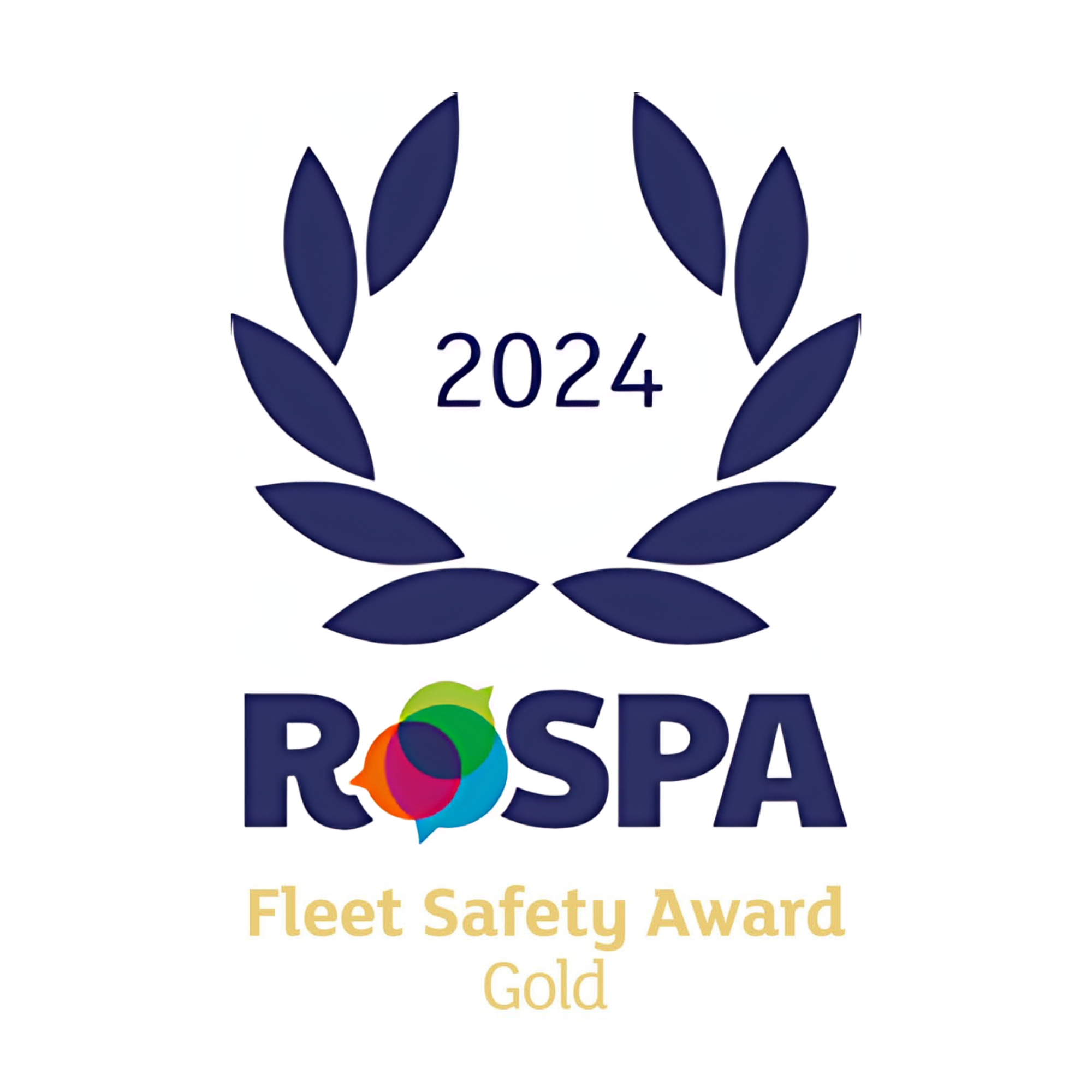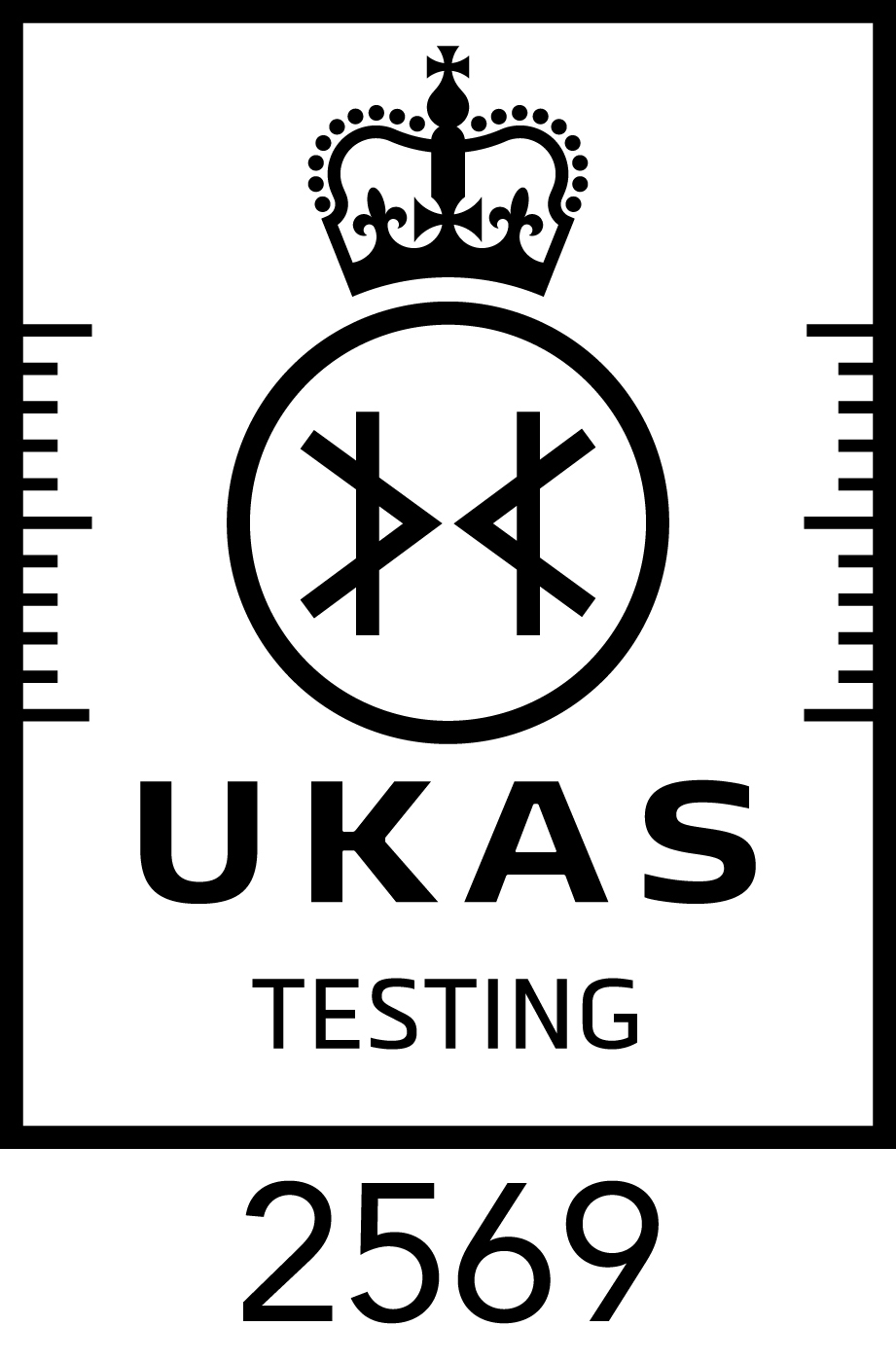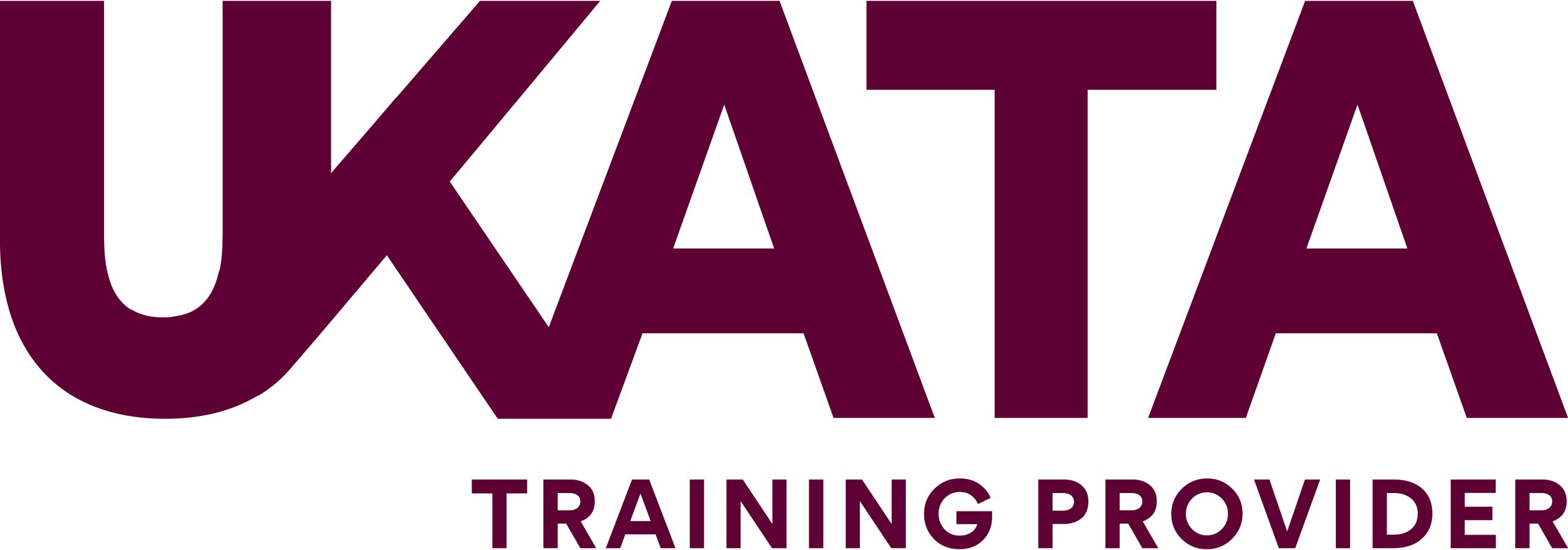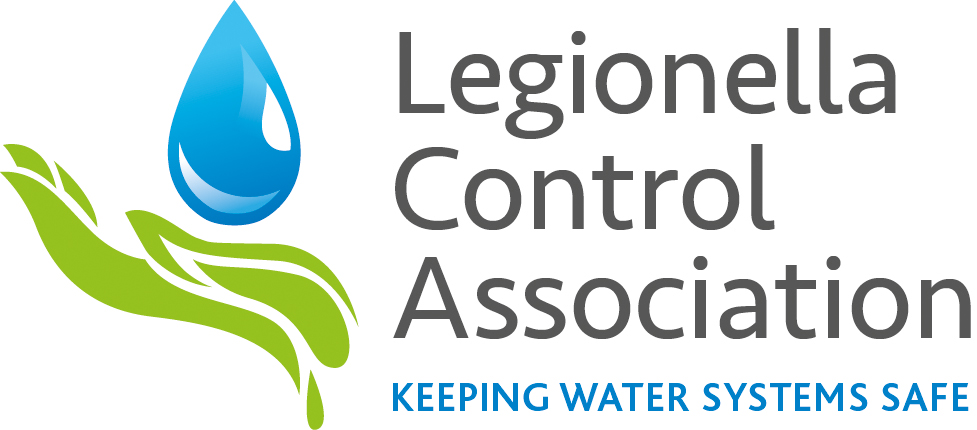Protecting people and planet
Protecting people and planet
Protecting people and planet
Protecting people and planet
Protecting people and planet
Radon Awareness Week: Answering Your FAQs

Lucion Group
10th November, 2022
According to the UK Health Security Agency, over 1000 people per year die from Radon related lung cancer. Exposure to radon gas is a leading cause of lung cancer in non-smokers and can be found in buildings of any type, size or location.
This week, 7th-13th November 2022, is Radon Awareness Week. A week dedicated to highlighting the dangers of radon to families, employers, healthcare providers, school leaders and landlords. To help raise awareness of the dangers of radon, the Lucion Group have come together to answer your most frequently asked questions about Radon.
What is radon?
Radon is a naturally occurring radioactive element. It is a colourless, odourless and tasteless gas. Radon is found in the atmosphere but tends to accumulate in underground space such as caves, mines and basements. Radon can increase the risk of lung cancer, especially when combined with smoking. Before appropriate ventilation became mandatory, many miners developed lung cancer from radon exposure.
Where can radon be found?
Whilst the highest levels of radon gas are usually found in underground spaces, high concentrations are found in ground floor buildings due to a higher likelihood of a slightly lower pressure than the surrounding atmosphere. This allows radon from subsoil underneath buildings to enter through cracks and gaps in the floor.
Workplaces such as basements, mines, caves and utility industry service ducts can have significant levels of radon as can any above-ground workplaces in radon affected areas. All workplaces including factories, offices, shops, classrooms, nursing homes, residential care homes and health centres can be affected.
Radon risk reports are required to determine the risk levels of a selected building (NOT the level of radon at the selected address). They are used to estimate the probability of a building being above or below the Action Level for radon. The Action Level refers to the annual average concentration in a home where there is more than 200 becquerels per metre cubed (200 Bq m-3). If the result is a higher probability of radon levels within the selected building then further radon measurements and testing should be conducted in order to reach the radon Target Level. The Target Level of 100 Bq m-3 is the ideal outcome for remediation works in existing buildings and protective measures in new buildings. If the result of a radon assessment is between the Target and Action Levels, action to reduce the level should be seriously considered.
For redevelopment sites, GeoReports provided by the British Geological Survey should be undertaken.
What are my legal requirements?
Under the Health and Safety at Work Act 1974, an employer is responsible for ensuring the health and safety of employees and others who access their workplace. The Management of Health and Safety at Work Regulations 1999 require the assessment of health and safety risks which include radon under the following circumstances:
- All workplaces located in radon-affected areas; and
- All occupied below-ground workplaces in the UK.
Our team can plan a robust and cost-effective strategy to assess radon risks in any workplace; undertake radon measurements where required and, if necessary, project manage the design, installation and validation of mitigation measures.
Radon for new buildings (dwelling, workplace)
Our radon team can design appropriate radon protection for a new build property or workplace. From an initial review of existing guidance and maps, we are able to quickly determine if a development is in a radon-affected area and subsequently if mitigation measures are required at the construction phase.
Where radon protective measures are required, we can project manage the design, installation and validation of mitigation measures at the construction stage of any new development, extension or refurbishment.
Our Radon Services
Through our companies in the Lucion Group, we can deliver end-to-end radon risk management from inspection, identification and testing through to risk assessments and consultancy;
- Radon Surveys - Radon surveys and tests should be conducted in any building where its location and characteristics suggest that elevated levels of radon may be found posing a threat of significant exposure to employees or other persons - Lucion Services and Aberdeen Radiation Protection Services
- Radon Risk Assessments - According to the HSE, risk assessments for radon should be carried out in relation to all below-ground workplaces in the UK and all workplaces located in radon-affected areas (both below and above ground). Reviews of the risk assessment should be conducted when significant changes are made to the fabric of the building or to works being carried out within the affected building - Delta-Simons
- Radon Consultancy - Delta-Simons
- Radon Monitoring:
- Low Volume Real Time Monitoring - Aberdeen Radiation Protection Services
- High Volume Pass Monitoring - Lucion Services
- Radon Protection Schemes For New Buildings - Delta-Simons and Aberdeen Radiation Protection Services
Our knowledge of the issues surrounding the risk management and legal compliance of hazardous materials gives our clients complete reassurance throughout their project, with real-time visibility of all hazardous materials and all risks. Through our team across our suite of companies, our clients have our expertise and environmental management capabilities available locally throughout the length of every project.
Partner with a holistic environmental and hazardous substances services provider and take control of your risks.
T: 0345 5040 303
Register for IMPACT Bulletin
Don’t miss a beat - get the latest insights and updates from Lucion straight to your inbox.
